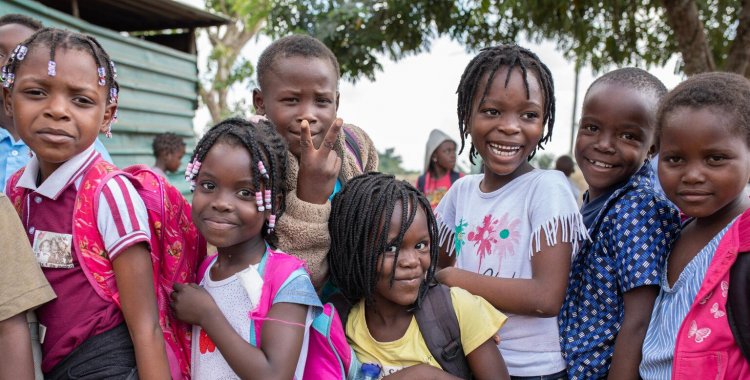The findings come from the latest survey by Afrobarometer, a Ghana-based nonprofit that brings together a pan-African, nonpartisan research network.
The study, released Wednesday, is based on 53,444 face-to-face interviews in 39 African countries conducted between 2021 and 2023, with the Portuguese-speaking countries on the list being Angola, Cape Verde, Mozambique and São Tomé and Príncipe.
The study reveals widespread perceptions of unfair treatment by governments, especially based on people's economic status.
Africans generally feel strongly about their national identities, but most consider their ethnic identities to be at least as important.
While majorities say they trust other groups of people at least "somewhat," only family members are trusted "a great deal" by most respondents, and almost half of respondents express little or no trust in people of other ethnic and religious backgrounds.
On average, at least eight in 10 Africans express tolerant attitudes toward people of different ethnicities (89 percent), different religions (85 percent), different political affiliations (82 percent) and different nationalities (80 percent).
Only a quarter (24 percent) say the same about people in same-sex relationships.
According to Afrobarometer, tolerance levels have remained relatively stable over the past decade.
While intolerance towards sexual orientation is 94 per cent in Uganda, Sierra Leone and Niger, it is not the same across the continent: less than a third of respondents express intolerant attitudes towards people in same-sex relationships in Cape Verde (18 per cent), South Africa (23 per cent) and the Seychelles (30 per cent).
Family members are the only people whom the majority (58 per cent) of Africans say they trust "a lot". The majority of neighbours, other citizens, people of different religious or ethnic backgrounds and "other people they know" say they trust at least "somewhat".
Interpersonal trust is higher among rural residents, the less educated, Muslims and West and Central Africans than among their fellow citizens.
The majority (57 percent) say they generally trust their fellow citizens "somewhat" or "a lot," ranging from just 26 percent in São Tomé and Príncipe to 86 percent in Mali.
Six in 10 Africans (61 percent) say people are "often" or "always" treated unequally under the law.
Almost half (47 percent) say their government "often" or "always" treats people unfairly based on their wealth or poverty – about three times more than the perception of widespread discrimination based on ethnicity (17 percent).
Perceptions of frequent government discrimination based on people's economic status are most widespread in Tunisia (72 percent), Nigeria (67 percent), Eswatini (66 percent), Cape Verde (66 percent) and Mali (66 percent).
Only 13 percent of Africans say they feel more connected to their ethnic identity than their national identity, and the majority (45 percent) say they value both identities equally.







